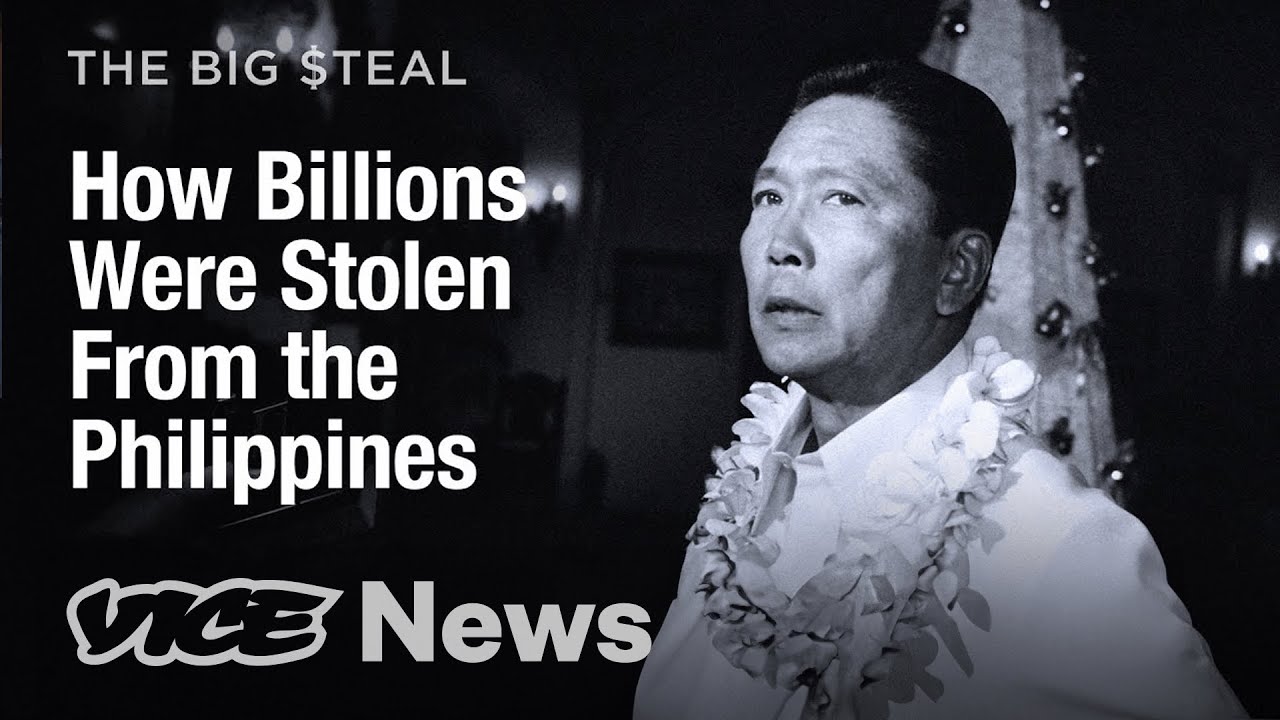Constitutionality of Banning Presidential Returns: Marcos et al v Manglapus, GR 88211, Sep 15, 1989
Summary
TLDRThe video explores the legal dispute over whether former Philippine President Ferdinand Marcos and his family could return to the Philippines after being exiled in 1986. It discusses the Supreme Court's two-tiered approach, considering the president's constitutional powers and the potential threat to national security posed by the Marcoses' return. The court initially dismissed the petition due to national interest concerns but later ruled in favor of Marcos's right to return, citing generic government reasons as insufficient. The video highlights the balance between individual rights and the state's duty to protect its citizens, emphasizing the importance of upholding human rights and due process.
Takeaways
- 🏛️ The case revolves around the constitutionality of barring former Philippine president Ferdinand Marcos and his family from returning to the Philippines post-exile.
- 📜 Petitioners argue for the Marcos family's right to return, citing constitutional rights to liberty of abode and travel.
- 🛂 Respondents claim the president's authority to prohibit their return based on national security and public safety considerations.
- 🌍 The right to return is recognized under international law as distinct from the right to travel, which is not explicitly guaranteed in the Philippine Bill of Rights.
- ⚖️ The Supreme Court of the Philippines initially dismissed the petition, citing potential threats to national interest and welfare posed by the Marcos family's return.
- 🏢 The Court acknowledged the executive's crisis powers and considered various destabilizing incidents that could be emboldened by the Marcos family's return.
- 🔄 In a subsequent ruling, the Supreme Court found that Ferdinand Marcos has the constitutional right to return, as the government's reasons for the ban were deemed too generic.
- 🏢 The Court rejected the government's argument regarding the lack of a congressional statute defining the right to travel and to freely choose one's abode.
- 🤔 The case highlights the balance between individual rights and the state's duty to protect its citizens, particularly in the context of executive power.
- 🏆 The final decision to allow Marcos to return underscores the importance of individual rights and the limitations on executive power, despite potential implications for human rights.
Q & A
What was the controversy surrounding the Marcos family's return to the Philippines?
-The controversy was whether former Philippine president Ferdinand E. Marcos and his family had the right to return to the Philippines after being deposed and forced into exile in 1986, with arguments revolving around constitutional rights and national security concerns.
What are the constitutional rights cited by the petitioners in this case?
-The petitioners cited the constitutional rights to liberty of abode and travel, arguing that the president does not have the power to bar their return.
What was the respondents' argument against the Marcos family's return?
-The respondents argued that the issue involved a political question of national security and public safety, and that the president has the power to prohibit their return based on these concerns.
How does international law view the right to return to one's country?
-Under international law, the right to return to one's country is a distinct right, separate from the right to travel, and is considered a generally accepted principle.
What approach did the Supreme Court of the Philippines take to resolve the issue?
-The Supreme Court took a two-tiered approach: first determining the president's power under the Constitution, and then assessing whether the president acted arbitrarily or with grave abuse of discretion.
What were the main issues the Supreme Court considered in this case?
-The main issues were whether the president had the power to bar the Marcos family from returning, whether the president acted arbitrarily or with grave abuse of discretion, whether the issue was a political question, and whether there was a clear and present danger to national security and public safety.
What was the initial ruling of the Supreme Court regarding the Marcos family's return?
-The Supreme Court initially dismissed the petition seeking to allow the return of the Marcos family, citing the serious threat to national interest and welfare posed by their return.
What was the subsequent ruling by the Supreme Court of the Philippines on the Marcos family's right to return?
-In a subsequent ruling, the Supreme Court found that former president Ferdinand Marcos had the constitutional right to return to the Philippines, rejecting the government's reasons for the ban as too generic and sweeping.
What legal doctrines were applied in the case to balance individual rights and state duty?
-The case involved the balance between individual rights and the state's duty to protect its citizens, considering the president's executive power, the separation of powers, and the social contract theory where people surrender sovereign powers to the state for the common good.
What was the dissenting opinion's stance on the Marcos family's right to return?
-The dissenting opinion argued that the Bill of Rights must take precedence over the president's implied powers, stating that there was no evidence to suggest a threat to national security from the Marcos family's return, and emphasized the importance of upholding human rights and due process.
What was the final decision of the court regarding Marcos's return to the Philippines?
-The court ultimately granted the petition allowing Marcos to return to the Philippines, highlighting the importance of individual rights and limits on executive power.
Outlines

此内容仅限付费用户访问。 请升级后访问。
立即升级Mindmap

此内容仅限付费用户访问。 请升级后访问。
立即升级Keywords

此内容仅限付费用户访问。 请升级后访问。
立即升级Highlights

此内容仅限付费用户访问。 请升级后访问。
立即升级Transcripts

此内容仅限付费用户访问。 请升级后访问。
立即升级浏览更多相关视频

The History of Philippine Television (Part 3)

What Happened to the Billions That Former President Marcos Stole From the Philippines| The Big Steal

People Power di Philipina

Sandro Marcos calls out VP Sara Duterte: ‘You crossed the line’ | INQToday

Revolusi EDSA, Aksi Damai yang Mampu Menjatuhkan Rezim Diktator Marcos di Filipina!

TAGLISH 21st Century Literature - MODULE 1 (Part 3) - Martial Law, EDSA, and 21st Century
5.0 / 5 (0 votes)
